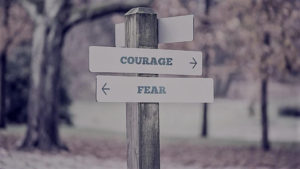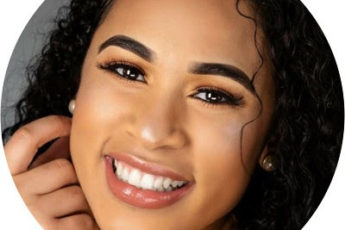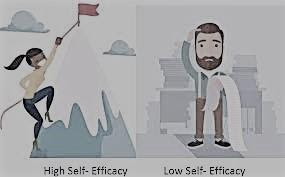 Two common fears college students mention prior to entering a coaching or mentoring relationship are: 1) not being able to build a genuine connection/relationship, and 2) not wanting to be judged. These two fears are interrelated. A Ted Talk by mentoring researcher, Victoria Black, focuses not on the mentor or coach, but on the role of the protégé or mentee. What can the protégé do to address their fears when entering a developmental relationship? How can they engage with their mentor so that they will most benefit as much as possible from the experience?
Two common fears college students mention prior to entering a coaching or mentoring relationship are: 1) not being able to build a genuine connection/relationship, and 2) not wanting to be judged. These two fears are interrelated. A Ted Talk by mentoring researcher, Victoria Black, focuses not on the mentor or coach, but on the role of the protégé or mentee. What can the protégé do to address their fears when entering a developmental relationship? How can they engage with their mentor so that they will most benefit as much as possible from the experience?
The answer is three things – commitment, reciprocity, and vulnerability.
First, your coach is giving you their time. Show your commitment by being on time for your meetings, not canceling at the last minute (unless it is an emergency), coming prepared, and engaging during the meeting. Even with emails or text messages, respond within 24 hours or, if for some reason that’s not possible, explain why. It seems basic, but this carelessness suggests that you don’t respect your coach’s time. It can undercut the relationship and your own outcomes. It is also good practice for the people you work with after you graduate.
Second, the partnership is reciprocal. As Black says, “The mentee is the driver and the mentor is the co-pilot helping them get to their destination…Success is not just having a mentor tell you or show you what to do. It’s a two-way relationship.” Protégés need to ask themselves what they hope to gain from each conversation. This means preparing for meetings with an agenda and questions. Always know what you want to discuss each time you meet with your coach. Especially at the beginning of the relationship, it’s important to make time to get to know each other as people, just like you would in developing any relationship. Making a connection with each other is a joint responsibility.
Third, if you’re asking a career coach to help you prepare for your career after college, you need to possess a willingness to grow. You need what is called a malleable mindset. This means being vulnerable, honest with yourself and honest with your coach. It means being open to feedback. Frame guidance you receive not as “being judged” but as “developing a better version of myself.” We are all works in progress. Those of us who are more likely to progress faster are those who are willing to be vulnerable and open to change.











